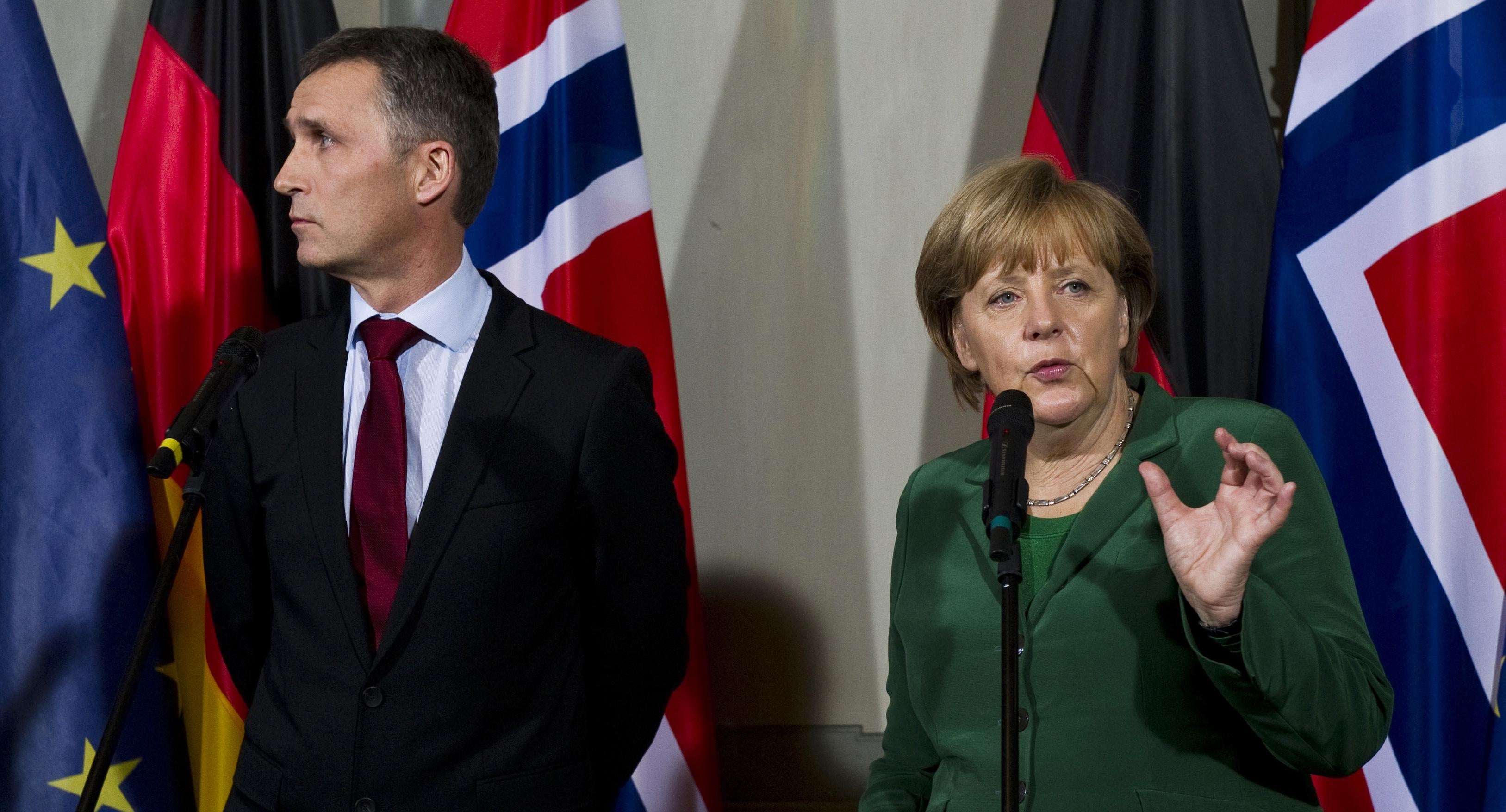I’m totally out of sympathy with Tyler Cowen’s view that we all ought to become more sympathetic to German perspectives on the Eurozone and I note in that vein that one of the views he (rightly) attributes to Germany political culture is the belief that current account surpluses are caused by having a highly productive workforce. This view seems deeply entrenched in German politicians’ heads, possibly because the two happen to be correlated inside the Eurozone, but it’s mistaken. Productivity causes production, including export production. But net exports are caused by consuming less than you produce. China, for example, produces much much less than does America because Chinese workers are much less productive than American workers. Nonetheless, China as a whole consumes less than it produces while America consumes more than it produces. Exchange rates often get brought up in this regard, but the exchange rate as such only matters in a fairly transient way. The issue is overall savings rates.
Exporting is great, but we can’t all be net exporters unless we find some Martians to export to. Interestingly, it’s actually the case that due to statistical discrepencies the planet earth currently does register as a substantial net exporter. Still in the real world this doesn’t work mathematically, politically, or economically. I don’t think it makes sense to argue that China or Germany or Sweden or what have you is somehow morally obligated to lower its savings rate, but countries deliberately pursuing a policy regime of low consumption and high net exports are obligated to recognize that they are exercising agency. If you want other countries to buy your products you need to either (a) loan them money, (b) give them money, or (c) buy their stuff. Merkel is currently rejecting all three options, which won’t work, and in the process is inflicting collateral damage on people all around the world including plenty of thrifty high-productivity savers. That (a) has about run its course seems clear and the political problems with (b) are obvious, but I genuinely don’t understand what the objection to (c) is and why she can’t say that a little (a) and (b) as a bridge strategy to (c) will ultimately make everyone happier than another ten rounds of recriminations and finger pointing.
